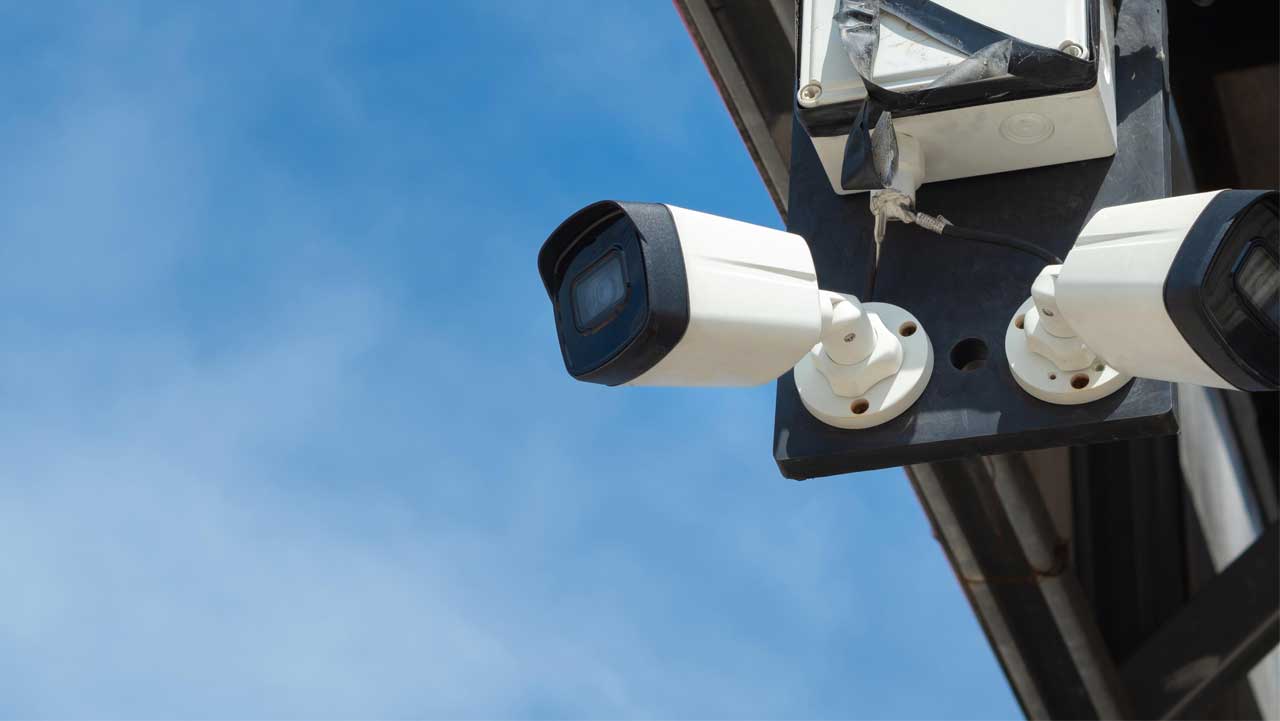Home > Blog > Analogue vs IP Security Cameras: Which One’s Right for You?
When it comes to securing your property, choosing the right type of camera can feel overwhelming. You've probably heard about analog and IP cameras — but what sets them apart? Let’s break it all down and help you make the best decision for your safety needs.

We all want to feel safe at home, at work, and even when we’re away. Security cameras are the silent guardians watching over our properties 24/7. They deter crime, offer real-time surveillance, and provide solid proof if anything goes south. But not all cameras are built the same.
There are two main types to consider:
Analog cameras are the OGS of surveillance. They’ve been around for decades and are still used today thanks to their reliability and simplicity. These cameras capture video and send it over a coaxial cable to a Digital Video Recorder (DVR).
IP cameras, or network cameras, are the modern evolution of security systems. They capture and transmit video digitally using your network. Instead of going to a DVR, footage is stored on a Network Video Recorder (NVR) or in the cloud.
Feature Analogue Camera IP Camera Video Quality Standard Definition HD to 4K Installation Coaxial Cables Ethernet/Wi-Fi Cost Lower Higher Storage DVR/NVR Cloud Smart Features Limited Advanced Remote Access Requires DVR setup Built-in Choosing Based on Use Case
Choosing between analog and IP cameras boils down to your needs. If you’re looking for a budget-friendly and simple system, analog may suffice. But if you’re aiming for high-quality video, remote access, and smart features, IP is your best bet.
Think about your budget, tech comfort level, and long-term goals. Either way, investing in a security camera is a big step towards peace of mind.
Yes, with hybrid DVRS or systems that support both technologies, you can combine analogue and IP cameras.
Yes, they can record locally to an NVR or SD card, but remote access features require internet.
Absolutely. Many homes and businesses still use analog systems for their affordability and simplicity.
IP cameras often come with advanced night vision capabilities, including infrared and low-light colour modes.
Analog is immune to hacking, but IP cameras offer encryption. With proper network security, IP is safe.

5,852 reviews